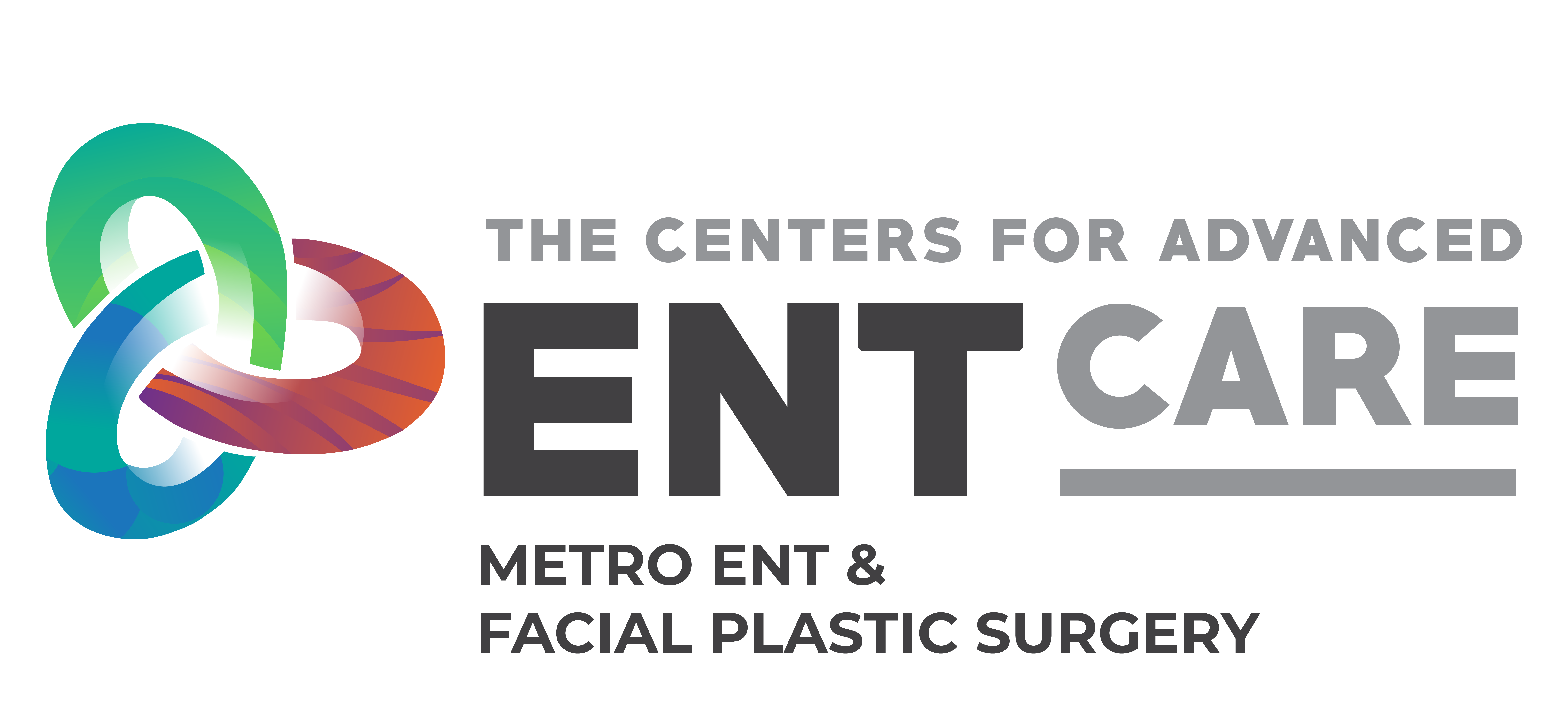LATERA for Nasal Airway Obstruction
LATERA Procedure for Nasal Airway Obstruction
What is LATERA?
LATERA is a fresh approach to addressing nasal airway obstruction symptoms resulting from nasal valve collapse. By providing support to both the upper and lower cartilage within the nasal wall, this innovative nasal implant aims to alleviate discomfort.
A small cannula, or tube, is inserted just inside the nostril. Once the cannula reaches its intended location, a transparent, delicate, and absorbable implant is carefully positioned to offer support. Following this placement, the cannula is withdrawn, leaving the implant to provide continuous cartilage support. This mechanism effectively prevents nasal valve collapse and offers relief from symptoms of nasal obstruction.
Who is a Good Candidate for LATERA?
If you notice significant improvement in your breathing while using nasal strips during exercise or sleep, you might be a suitable candidate for LATERA implants. These implants can be inserted either during a septoplasty procedure in the operating room or as a standalone procedure in the office.
LATERA offers a safe and efficient treatment solution for individuals with mild to moderate obstructive sleep apnea. Additionally, it serves as an alternative for those who struggle with CPAP therapy.
Are There Any Risks of LATERA?
Like any procedure, LATERA comes with risks. Patients may experience temporary symptoms such as mild bruising and inflammation, awareness of the implant, and mild pain or irritation. Other risks include discomfort, infection, reaction to material, and need for the device to be removed.
Patients experience no long-term adverse cosmetic changes with the LATERA implant.
What Are the Benefits of LATERA?
LATERA is a highly successful treatment method for enhancing breathing. Nearly all patients experience significant improvement in their condition within 4-6 weeks after beginning the treatment, with many noticing positive changes within just one week.
This minimally invasive procedure is swift and straightforward. It does not necessitate general anesthesia or sedation and can be conveniently performed on an outpatient basis. Recovery time is typically brief, with most individuals able to resume their regular activities the following day.
For those seeking a secure and efficient means to enhance their breathing, LATERA could be the ideal choice.


